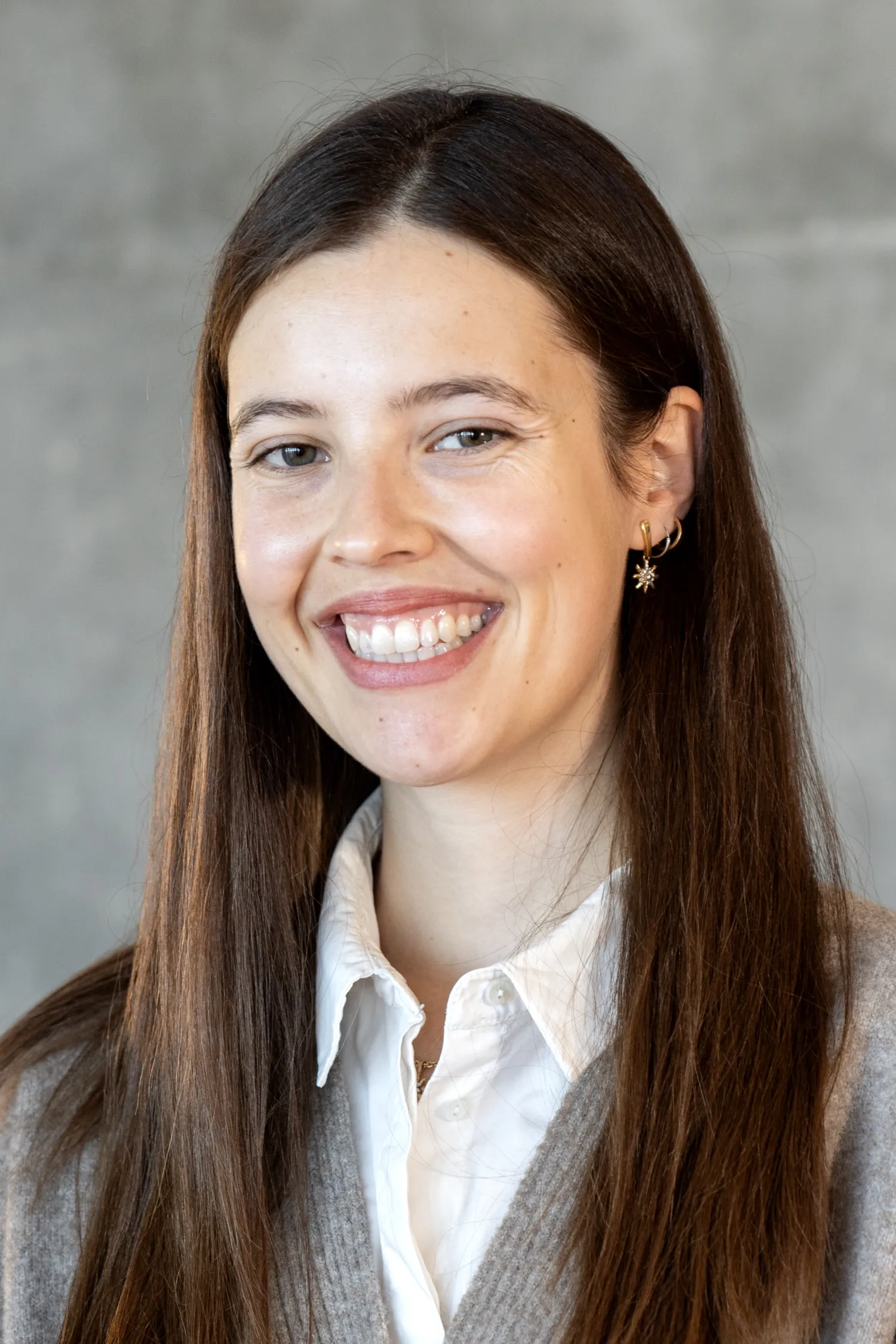Toxicology alumna Oneka's PhD studies aim to improve personalized cancer treatments
Name: Oneka Perea Ariznabarreta
Based: Copenhagen, Denmark
Year of graduation: 2022
Current role: PhD student at the Biotech Research & Innovation Centre, University of Copenhagen

What did you study as an undergraduate (bachelor)?
My chemist grandfather instilled in me a lifelong interest for science and motivated me to study my BSc in Biochemistry and Molecular Biology at the University of the Basque Country. I wanted to understand how and why human diseases are developed, and what we can do to treat them, at a molecular level.
Why did you choose the Master programme in Toxicology?
During an exchange semester at Stockholm University, I took a course in Biochemical Toxicology, which I found to be the perfect blend of chemistry and biology. The passionate professors teaching the lectures encouraged me to enroll in the MSc in Toxicology at Karolinska Institutet, to further deepen into the mechanisms of carcinogenesis of widespread chemicals.
Where did you conduct your MSc thesis and what was it about?
I got the opportunity to conduct my MSc thesis as part of an Erasmus+ exchange program in Trinity College Dublin, investigating sex-differences in oncogenic signaling pathways upon cigarette smoke extract exposure in human bronchiolar epithelial cells.
The aim was to discover novel biomarkers for early lung cancer detection and diagnosis by performing differential gene expression analyses in DNA damage and inflammatory mediators when exposing male- and female-derived cell lines to tobacco smoke.
It was a great experience to develop my wet-laboratory skills and bring my focus even closer to the field of oncology. Not only that, but my supervisor, Anne-Marie Baird, who was actively involved in lung cancer patient advocacy, was an absolute inspiration, constantly reminding me of the relevance of our research as means to improve the quality of life of cancer patients.
Looking back on your time at KI and the Master programme in Toxicology, what is the most valuable thing that you learned?
I believe hard as well as soft skills shape the career of any scientist and my time at KI contributed to my growth in both aspects. On one hand, I was convinced of phasing out animal studies for safety testing, while being enlightened by a myriad new alternative methods under development for regulatory use. This has prompted me to perform in vitro research in more biologically relevant models, such as patient-derived spheres and organoids. On the other hand, it has taught me how to navigate in a multidisciplinary team and collaborate efficiently. I keep a very fond memory of the PBL (Problem-Based Learning) assignments – Despite its challenges, working in groups always proved enriching.
Where are you and what are you doing now?
I am currently a PhD student at the University of Copenhagen, Denmark, where I investigate new therapeutic avenues for children with high-grade gliomas. These type of pediatric brain tumors have a particularly poor prognosis, as most patients do not respond to current standard-of-care consisting of surgery, radiation, and chemotherapy. A major challenge for translation of targeted drugs is intratumor heterogeneity and cancer cell plasticity, which drive tumor evolution and therapeutic evasion.
My goal is to characterize the distinct cancer cell populations present within a tumor and define their individual vulnerabilities. With this approach, I expect to find novel curative drug combinations that show long-term efficacy in patient-derived in vitro models, supporting the clinical implementation of personalized medicines and improving survival of children with brain cancers.
What made you decide on this career?
After my MSc, I worked as research assistant in Oscar Fernández-Capetillo’s lab at Scilifelab, KI where I expanded my expertise by constantly coming up with new hypothesis and ideas for the project I was involved in. I thought pursuing a PhD would be the perfect occasion to continue learning and answering my never-ending curiosity. However, I also wanted to make my work impactful, which is why I leaned towards the field of personalized medicine, to provide the right treatment, for the right patient, at the right time. And I wanted to do so in a group that has historically been underrepresented in clinical trials and other studies, that is, children.
